Using ' as thousands separator in input is quite problematic because Python uses ' to delimit strings, but you can use _ (PEP 515, Underscores in Numeric Literals):

Regarding output, this is slightly harder, but can be done using IPython extensions.
Put the following Python code in a new file at ~/.ipython/extensions/thousands_separator.py:
default_int_printer = None
def print_int(number, printer, cycle):
printer.text(f'{number:,}') # You can use `'{:,}'.format(number)` if you're using a Python version older than 3.6
def load_ipython_extension(ipython):
global default_int_printer
default_int_printer = ipython.display_formatter.formatters['text/plain'].for_type(int, print_int)
def unload_ipython_extension(ipython):
ipython.display_formatter.formatters['text/plain'].for_type(int, default_int_printer)
This code tells IPython to replace the default int formatter with one that prints thousand separators when this extension is loaded, and restore the original when it is unloaded.
Edit: If you want a different separator, for instance ', replace the f'{number:,}' with f'{number:,}'.replace(',', "'").
You can load the extension using the magic command %load_ext thousands_separator and unload it using %unload_ext thousands_separator, but if you want it always, you can place it in the default profile.
Run the following code in the terminal:
ipython3 profile create
It will report that a file ~/.ipython/profile_default/ipython_config.py was created. Enter it, and search for the following string:
## A list of dotted module names of IPython extensions to load.
#c.InteractiveShellApp.extensions = []
Replace it with the following:
# A list of dotted module names of IPython extensions to load.
c.InteractiveShellApp.extensions = [
'thousands_separator'
]
This tells IPython to load this extension by default.
Done!

Edit: I saw that you want to a) use ' as separator, and b) do the same for floats:
Using different separator is quite easy: just str.replace():
def print_int(number, printer, cycle):
printer.text(f'{number:,}'.replace(',', "'"))
Doing the same for floats is also easy: just setup print_int so it prints floats to. I also suggest to change the name to print_number.
Final code:
default_int_printer = None
default_float_printer = None
def print_number(number, printer, cycle):
printer.text(f'{number:,}'.replace(',', "'"))
def load_ipython_extension(ipython):
global default_int_printer
global default_float_printer
default_int_printer = ipython.display_formatter.formatters['text/plain'].for_type(int, print_number)
default_float_printer = ipython.display_formatter.formatters['text/plain'].for_type(float, print_number)
def unload_ipython_extension(ipython):
ipython.display_formatter.formatters['text/plain'].for_type(int, default_int_printer)
ipython.display_formatter.formatters['text/plain'].for_type(float, default_float_printer)

